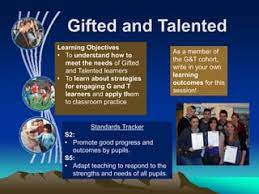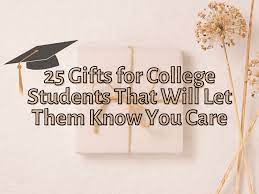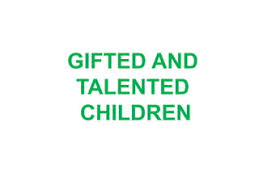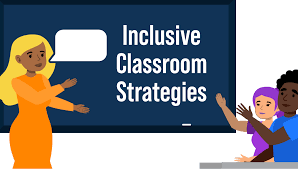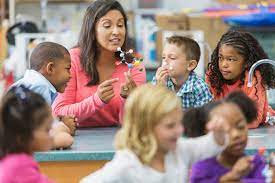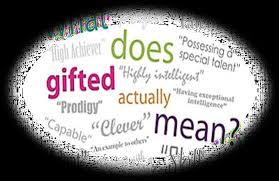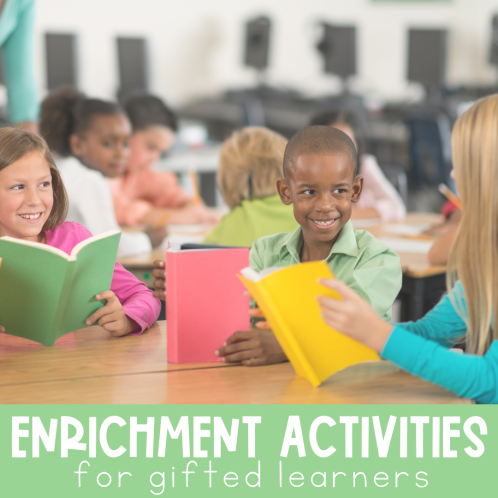In today’s world of competitive sports, developing young talents at an early age has become increasingly important. A gifted and talented sports programme aims to identify, nurture, and support the potential in young athletes. By providing them with specialized coaching, training, and resources, these programmes enable the next generation of champions to reach their full potential.
Identifying Potential
The first step in a gifted and talented sports programme is talent identification. Trained coaches and scouts keep an eye out for young athletes who demonstrate exceptional abilities and skills in their chosen sport. This process involves not only recognizing physical talent but also considering factors such as determination, self-discipline, and the ability to work under pressure.
Nurturing Talent
Once a promising athlete has been identified through a gifted and talented sports programme, nurturing their talent becomes the key focus. Young athletes are provided access to expert coaching tailored to meet individual needs. They are guided through a well-structured training regimen that takes into account their developmental stages while encouraging growth.
The Importance of Holistic Development
A gifted and talented sports programme does not merely focus on enhancing an athlete’s skills in their chosen sport; it also emphasizes holistic development. This means that equal importance is given to areas such as academics, character building, teamwork, and communication skills.
Young athletes are encouraged to develop good habits such as time management while balancing their responsibilities towards academics and sports. The programme also addresses personal wellbeing by promoting healthy lifestyle choices, mental resilience, and stress management techniques.
Access to State-of-the-art Facilities
A vital aspect of any gifted and talented sports programme is providing access to state-of-the-art facilities. Young athletes need excellent training venues with modern equipment and technology-driven resources that help optimize their performance both on the field or court and during recovery sessions.
Competition Opportunities
To truly excel at their chosen sport, gifted young athletes need regular opportunities to compete at a high level. A talented sports programme will ensure that they participate in various local, national, and international competitions suitable for their age group. This exposure allows them to experience the competitive environment and fosters the development of self-confidence, team spirit, and strategic thinking.
Support System
Lastly, a gifted and talented sports programme is incomplete without a strong support system. The young athlete’s parents, coaches, teachers, and mentors play a crucial role in their journey to success. The programme encourages open communication between all parties and works together with everyone involved in the athlete’s development.
In conclusion, a gifted and talented sports programme plays an essential role in fostering growth and empowering young athletes to reach their full potential. By identifying promising talents early on and providing them with specialized coaching, training, resources, competition opportunities, and support systems needed to flourish in their chosen sport. These programmes ultimately contribute not only to the individual success of these athletes but also to the promotion of a culture of excellence in sports around the world.


